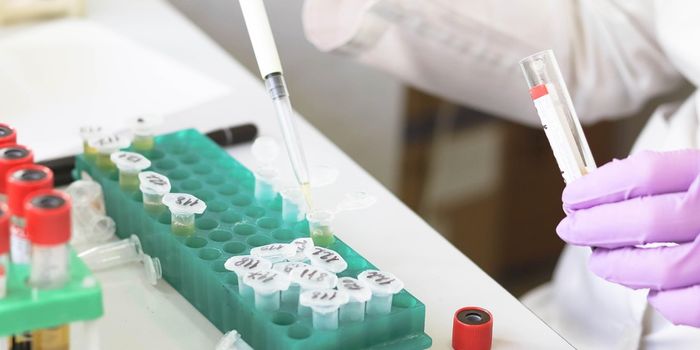Lupus Flares Linked to Growth of Specific Gut Microbes
Systemic lupus erythematosus is the most common form of lupus, and is an autoimmune disorder in which the body attacks its own tissues, leading to widespread inflammation. The disorder causes skin rashes, joint pain or swelling, and extreme fatigue, and tends to cycle between periods in which symptoms are milder, and flares when symptoms are far more severe. Now scientists have found that there is sometimes an increase in the number of gut bacteria called Ruminococcus blautia gnavus while lupus patients were having flares. The findings have been reported in the Annals of Rheumatic Diseases.
In this very small study, researchers compared the gut microbes from lupus patients to healthy volunteers. They determined that over a four-year period, five of the sixteen lupus patients in the study had blooms of R. gnavus while they were also experiencing a disease flare. Four of the patients that carried R. gnavus blooms also had the most severe forms of lupus.
The specific causes of lupus are still unknown, but scientists suspect it involves a combination of genetic, hormonal, and environmental factors. Imbalances in the gut microbiome may also be playing a role.
The researchers also assessed the strength of binding between patient antibodies and bacterial membranes. This showed that patient antibodies could bind well to certain inflammatory bacterial lipoglycan molecules. Lupus patients were often found with R. gnavus strains that carried these inflammatory lipoglycans, while they are uncommon in healthy individuals. The study suggested that these antibodies are a primary reason for tissue damage in lupus, and that the presence of these antibodies demonstrates the significant role R. gnavus plays in the autoimmune disease.
"Our findings provide the strongest evidence to date that silent growths of Ruminococcus blautia gnavus are tied to active serious renal disease in lupus patients," said lead study author and postdoctoral researcher Doua Azzouz, Ph.D. of NYU Langone Health.
This bacteria was also found to be a common connection among a racially diverse group of patients with varied forms of lupus, said Azzouz.
"Our goal is to use our growing understanding of the biological pathways that underpin the disease to develop new treatments that prevent or treat flares for all forms of lupus," said senior study investigator and immunologist Gregg Silverman, MD.
Previous work by Silverman and colleagues indicated that the gut barrier is weakened by R. gnavus blooms, allowing gut bacteria to escape and cause inflammation in the body. Now the researchers want to known if other bacterial lipoglycans are involved in other gut disorders like Crohn's.









